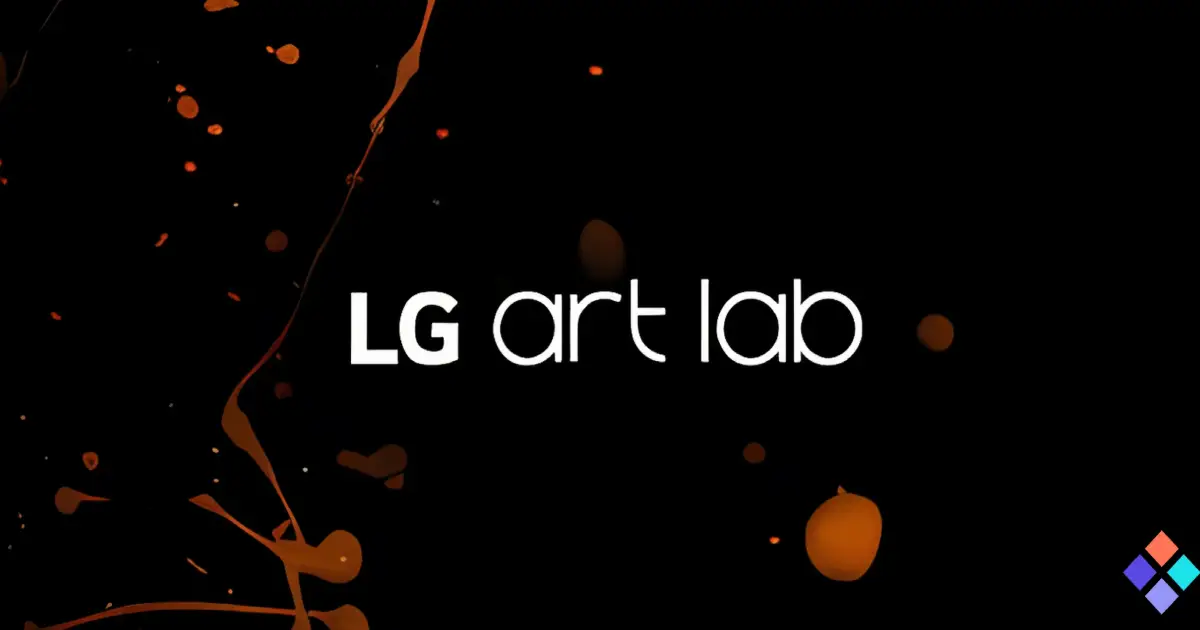In an unexpected twist, LG Electronics has decided to shut down its LG Art Lab NFT service on June 17, a move that raises eyebrows and concerns. Once heralded as a forward-thinking leap into the digital assets arena, the platform, launched in 2022, allowed users to buy, sell, and display NFTs through LG smart TVs. However, the company’s announcement suggests that what was initially a bold venture has been transformed into a calculated retreat, reinforcing a grim narrative surrounding the NFT marketplace. After all, when a tech giant like LG bows out, it’s hard not to take notice of the broader implications for the industry at large.
A Strategic Retreat or a Desperate Escape?
One cannot help but question the rationale behind LG’s departure from the NFT space. Labeling the decision as a “strategic shift” seems almost too polished, particularly in light of the current NFT market’s turmoil. The optimism that enveloped NFTs during their meteoric rise back in 2021 has all but evaporated. Figures don’t lie: trading volumes and market valuations have plummeted, as evidenced by the staggering decline in both consumer interest and corporate investment. Is LG’s exit from NFTs merely a retreat to safer grounds, or is it a desperate attempt to salvage reputation in the face of a fading trend?
The Fall of the NFT Giant: A Cautionary Tale
LG’s choice signifies a more significant trend: the fragility of digital collectibles amid fluctuating market demand. With prominent companies re-evaluating their involvement in the sector, we may be witnessing the rise and fall of a techno-cultural phenomenon. Despite its potential for innovation and creativity, the NFT space has shown an alarming propensity for instability, and LG’s closure serves as a stark reminder that not all that glitters in the crypto world is gold. By transitioning away from NFTs, LG sends a clear message about the need for companies to reconsider their investments in speculative technologies rather than stubbornly holding onto a sinking ship.
The Blockchain Dilemma: Assets Stored Elsewhere
Interestingly, LG assures users that their purchased NFTs will not be lost, as these digital assets are stored independently on the blockchain. While this news may provide some comfort, it raises intriguing questions about the future of value and ownership in a decentralized world. Is reliance on a blockchain truly a safeguard, or does it merely highlight the disconnect between technological platforms and consumer trust? As LG Art Lab fades into the digital ether, it also poses a challenge for users grappling with the complexities of digital ownership, especially in a market rife with uncertainty.
Lamenting the Lost Opportunities
The closure of LG Art Lab is more than just a corporate maneuver; it’s a moment of reflection for enthusiasts and skeptics alike. While it’s essential to innovate, it’s equally crucial to adapt sensibly to market conditions. As this chapter closes, it lays bare the underlying tensions in the tech realm regarding the merit of NFTs. Aligning one’s financial strategy with a technology still struggling for legitimacy can yield uncertain results. With LG’s exit, one has to wonder: what does the future hold for digital assets? Are companies prepared to take the lessons learned from this debacle into their next ventures, or will they continue to chase ghosts in the digital age?


Leave a Reply